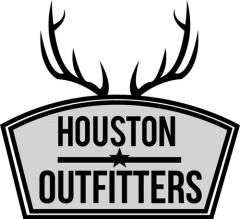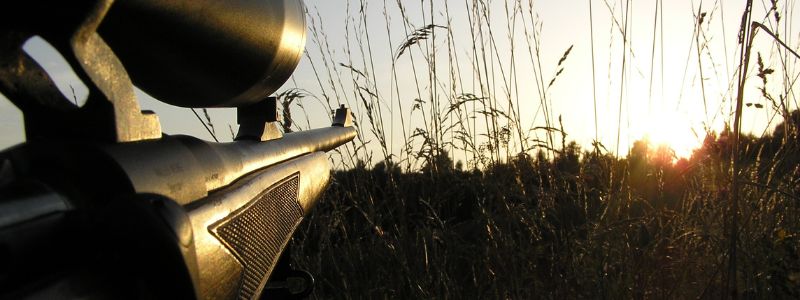Organizations and Individuals Join in Efforts to Preserve Hunting
While difficult decisions remain, there is reason to be encouraged about the future of public hunting opportunities in the U.S.A.
Hunting is an honored tradition in the United States. Many families have enjoyed long histories of deer hunting, wing shooting, and countless hours spent tramping the countryside in search of small game. For some folks, the game they shoot provides meat for the family table and eases the cost of groceries. For others, the goal of hunting is sport and heritage, rather than sustenance. For all hunters, however, the effort to preserve public access to hunting grounds is a topic that demands attention.
For some, the answer to public hunting pressure lies in privatization. Hunting preserves all but guarantees that clients will have plenty of shots at well-stocked and managed game. Those who can afford it can buy up large tracts of land, manage the property and wildlife, and provide themselves and their friends with good, private hunting. Others maintain that public lands should be managed so that good hunting is always available to the public and costs no more than a reasonable license fee. Still, other interests would like to see the sport of hunting abolished, arguing that it is cruel and unnecessary in a society where meat is readily available at supermarkets.
Why Privatize Hunting Grounds?
It is probably no exaggeration to say that everyone who has spent considerable time hunting, fishing, or hiking on public land has encountered people behaving badly. Trash litters shorelines, game is poached, and some folks seem unable to decide whether they are hunting or partying. On private property, such disrespectful people give landowners a good reason to deny access. Government-owned parkland, open to all, can be so overrun with hunters that success becomes unlikely and the entire situation grows dangerous.
Another argument for privatization is game management. Landowners can follow environmentally sound practices and create the fertile hunting grounds of their dreams. Finally, profit is a powerful motivator for privatization. Buying up good hunting grounds and leasing them out is capitalism, pure and simple. Big demand plus limited supply equals tidy profits.
Executive Order Encourages Public Hunting Grounds
In August of 2008, President George Bush, known to enjoy hunting, signed the “Facilitation of Hunting and Wildlife Conservation”, an executive order that directs agencies such as the U.S. Fish and Wildlife Service, National Forest Service, and Bureau of Land Management, to increase public hunting opportunities and habitat enhancement efforts on federal lands. The order encourages funding efforts to promote hunting at federal, state, and local levels. His successor, President Barack Obama, according to a U.S. government informational website, “recognizes the great conservation legacy of America’s hunters and anglers and has great respect for the passion that hunters and anglers have for their sports. Were it not for America’s hunters and anglers, including the great icons like Theodore Roosevelt and Aldo Leopold, our nation would not have the tradition of sound game management, a system of ethical, science-based game laws, and an extensive public lands estate on which to pursue the sport.” It is apparent that a concerted effort to maintain public hunting opportunities exists.
Organizations such as the National Wild Turkey Federation, Pheasants Forever, and many others work tirelessly to promote the sport of hunting. Local hunt clubs provide shooting ranges, organized hunts, and information forums for their members. Social networking sites allow hunting enthusiasts from around the world to share information and encouragement. The face of hunting may be somewhat different from the days when the grandfathers of today’s hunters tramped the woods and fields, and some new decisions will have to be made, but the twenty-first century finds the tradition of public access to hunting alive and well in the United States.

